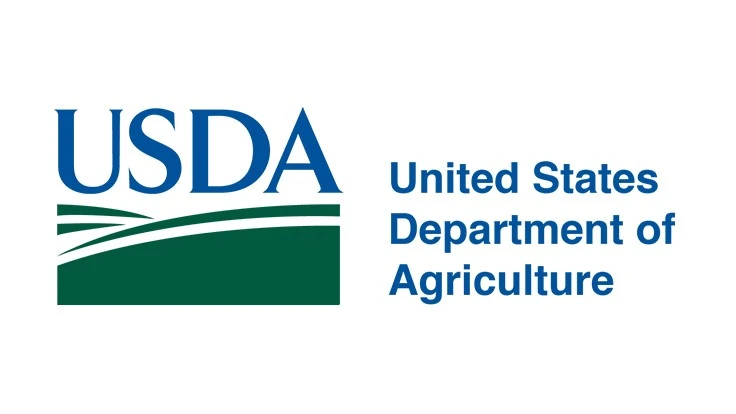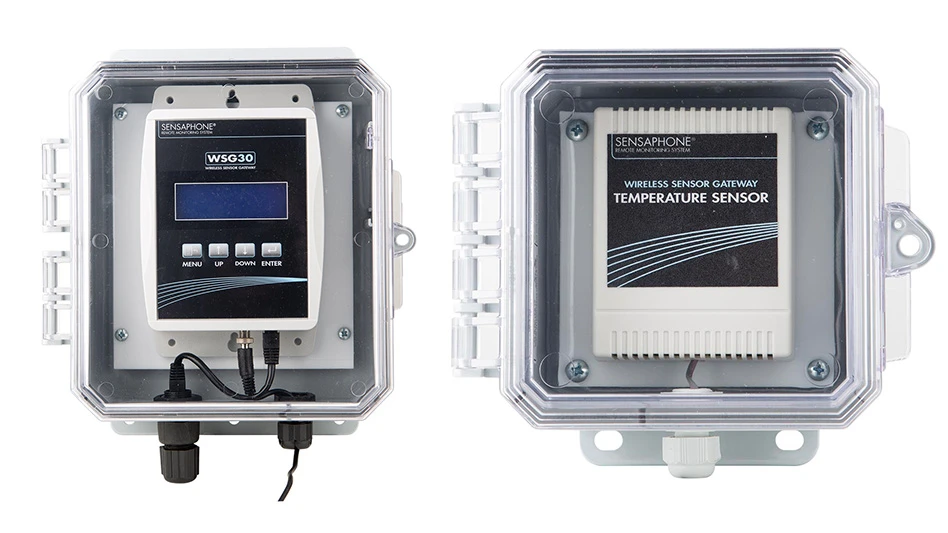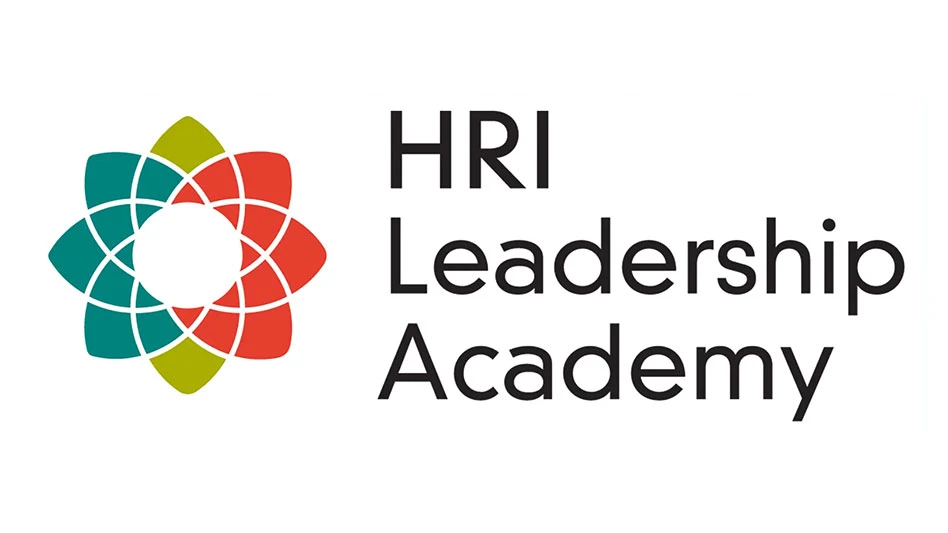
Photo courtesy of The USDA
U.S. Secretary of Agriculture Sonny Perdue announced the implementation status of the 2018 Farm Bill. President Trump signed this Farm Bill into law on December 20th, 2018, and the U.S. Department of Agriculture (USDA) promptly began implementation of key programs. USDA held several listening sessions with stakeholders and the public, specific to each agency’s respective mission areas.
“At USDA we are implementing the 2018 Farm Bill as quickly as possible. We know the programs that are renewed and updated in this farm bill are critical to farmers, ranchers, and producers as they plan for the future,” Secretary Sonny Perdue said. “Our mission areas have all held several public listening sessions, both formally and informally, to receive stakeholder input. Our goal is to have programs that function best for the people that we serve. We have made progress in new Farm Bill provisions and look to implement programs that are customer service focused and economically efficient. We still have a lot of work ahead of us, but we are diligently working on behalf of all of USDA’s customers.”
TITLE X – Horticulture
• Hemp: On February 27, 2019, AMS issued a Notice to Trade regarding the hemp provisions in the Farm Bill and on March 13, 2019, AMS held a listening session on the hemp provisions in the Farm Bill. The 2018 Farm Bill extended the 2014 Farm Bill provisions for hemp production by 12 months to allow USDA to complete the required rulemaking process, and USDA intends to issue regulations in the Fall of 2019 in order to accommodate the 2020 planting season. For the 2019 planting season, the 2018 Farm Bill provides that States, Tribes, and institutions of higher education can continue operating under authorities of the 2014 Farm Bill.
• Specialty Crop Block Grant Program: On March 7, 2019, AMS announced the availability of approximately $70 million for the Specialty Crop Block Grant Program.
• National Organic Standards Board (NOSB): In March 2019, AMS issued a Call for Nominations for the NOSB that included 2018 Farm Bill provisions that will lead to a more diverse candidate pool for the NOSB.
TITLE XI – Crop Insurance
• Specialty Crop Insurance: On March 6, 2019, Risk Management Agency (RMA) created a dedicated Specialty Crop website to fulfill the requirements of the 2018 Farm Bill. The website lists specialty crop liaisons by regional office and provides a link to the 2019 Specialty Crop Report as well as a link to archived prior reports.
• Beginning Farmer and Rancher: On March 12, 2019, RMA implemented the new definition for the
• Multi-County Enterprise Units: Starting with sales closing dates after the passage of the farm bill RMA is offering a new endorsement for farmers. Producers of corn, grain sorghum, soybeans, cotton, canola, peanuts, rice, barley, wheat, and sunflowers now have the option to combine acreage in one county that does not qualify for enterprise units with crop acreage in another county that does qualify. The option offers flexibility and a low-cost option for producers.
• Yield Cups: RMA has fully implemented yield cups that provide producers with an election to limit the decrease in actual production history (APH) to not more than 10% of the prior crop year’s APH. This prevents abnormally low yielding years from dramatically impacting a producers APH and stabilizes insurance guarantees.
TITLE XII – Miscellaneous
• Agriculture and Food Defense: The Office of Homeland Security has commenced a series of events to educate the Intelligence Community on threats to agriculture and the collection of information on emerging threats.
•
• Agriculture Wool Apparel Manufacturers Trust Fund: The Wool Apparel Manufacturing Trust Fund application period closed March 1, 2019. FAS reviewed 38 affidavits and
• Pima Agriculture Cotton Trust Fund: The Pima Agriculture Cotton Trust Fund application period closed March 15, 2019. FAS reviewed 8 affidavits and
• U.S. Grain Standards: On March 5, 2019, AMS posted a Notice to Trade announcing the restoration of certain exceptions under the U.S. Grain Standards Act.
• Acer Access and Development Program: On March 12, 2019, AMS announced the availability of funding under the Acer Access and Development Program.
• Peanut Standards Board: On March 19, 2019, AMS published in the Federal Register a notice requesting nominations to the Peanut Standards Board. The notice adds South Carolina as a part of the Virginia/Carolina peanut producing region for purposes of appointments to the board.
Latest from Greenhouse Management
- Meet the All-America Selections AAS winners for 2025
- AmericanHort accepting applications for HortScholars program at Cultivate'25
- BioWorks hires Curt Granger as business development manager for specialty agriculture
- 2025 Farwest Show booth applications now open
- Bug budget boom
- Don’t overlook the label
- Hurricane Helene: Florida agricultural production losses top $40M, UF economists estimate
- No shelter!





